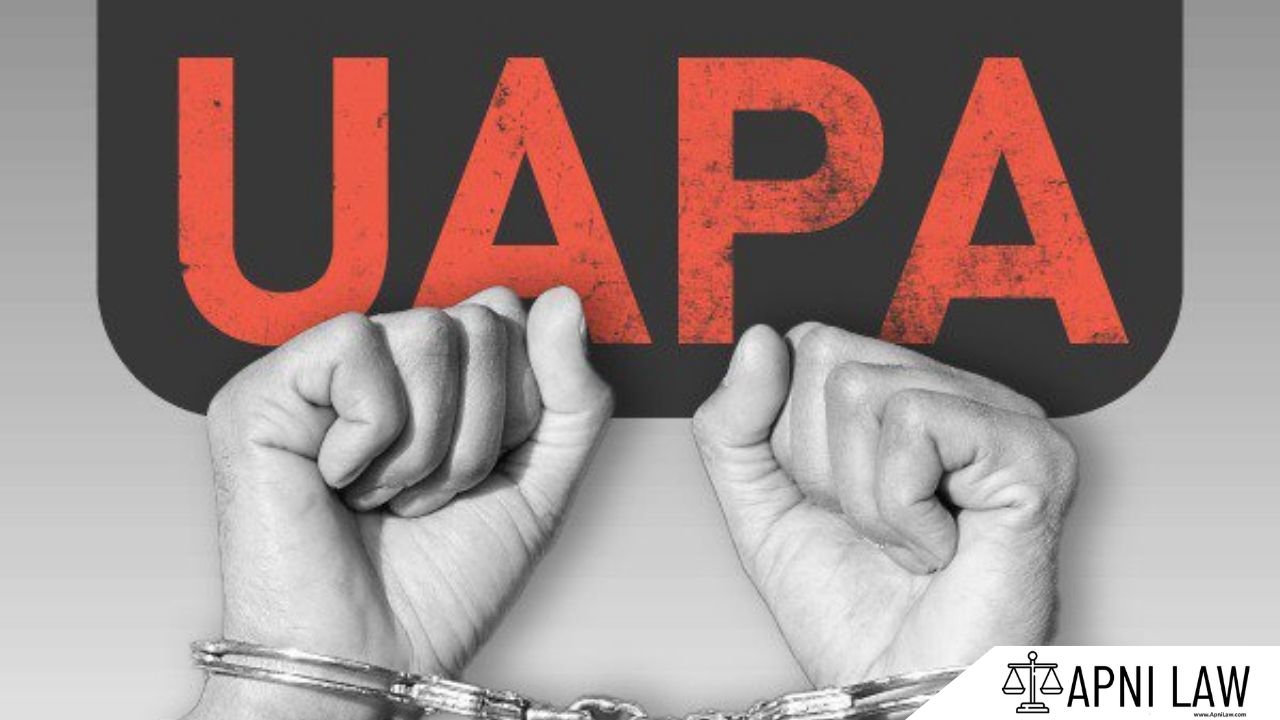The National Investigation Agency (NIA) gets special powers under the Unlawful Activities (Prevention) Act, 1967. Sections 43A to 43F explain how NIA can arrest people, search places, and investigate serious crimes. These rules also add checks to stop misuse.
What Are The Special Powers Of NIA
Only officers approved by the State or Central Government can order arrests or searches under UAPA. They can give these powers to other officers for specific cases. Courts say officers must have written approval before acting.
For any specific query call at +91 – 8569843472
What Are The Arrest Rules
When the NIA arrests someone, they must quickly tell them why. If they fail to do this, the arrest can be declared illegal. The normal criminal law rules apply unless UAPA says otherwise. Under UAPA, NIA can keep a suspect in custody for up to 180 days with court permission. Getting bail is harder because the court must believe the accused is not clearly guilty.
Does Guilt Presumption and Cooperation Work
In some cases, the court can assume the accused is guilty unless they prove otherwise. Anyone asked by NIA must give the needed information, even if other laws say otherwise.
Conclusion
Sections 43A to 43F give NIA strong powers to act against terrorism and unlawful activities. These powers include strict rules for arrests, longer detention, and mandatory cooperation. While tough, the law also adds safeguards to ensure fair use.








